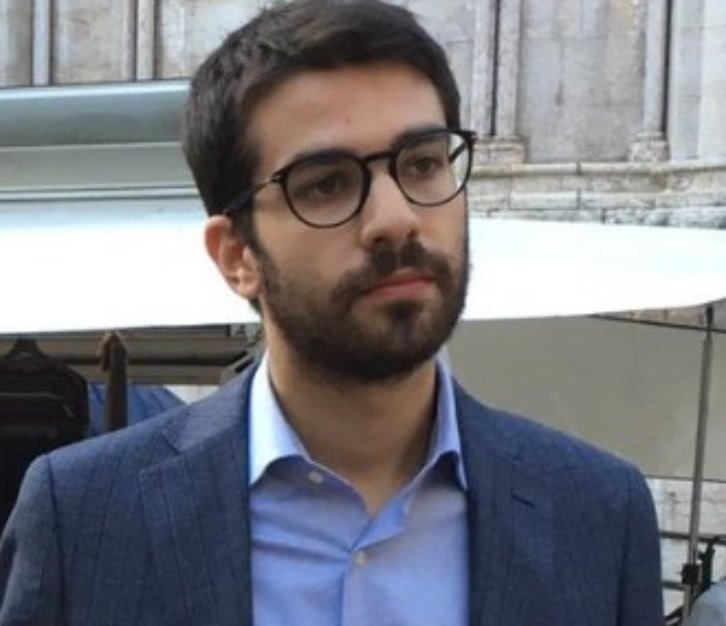
On June 11th, virtually in front of the Examination Committee – headed by Barbara Plank (IT University of Copenhagen) and with members Vito Latora (Queen Mary University of London) and Luca Aiello (Nokia Bell Labs) – Obaida Hanteer successfully defended his PhD.
Well done!
Obaida’s research took first a practical approach to community detection in the context of multilayer networks (mainly working with social media data [link, link]) and then, it stepped back and looked with a critical eye at the tools and the (often implicit) assumptions made by multilayer community detection methods [link, link]. His research, as acknowledged by the committee, was brave – in challenging the status quo and the assumptions of many well-established methods – and compelling helping us remembering the importance of asking questions about the tools and the methods we use.
After his experience at ITU Obaida accepted another interdisciplinary challenge by joining the Novo Nordisk Foundation – Center for Basic Metabolic Research at the University of Copenhagen where he’ll be working on applying multi-layer networks concepts to the interactions of human’s gut microbiome. We wish Obaida all the best for his future career!
 Luigi joins us as PhD student for 3 years. He’ll be supervised by Luca Rossi and work on the EU-funded PolarVis project on online propagation of visual narratives in the context of climate change communication. Luigi achieved his MSc in Data Science at the University of Trento with a research thesis, realized in collaboration with the Fondazione Bruno Kessler, in which he investigated the flow of information (and misinformation) about Covid-19 in the Italian context by means of NLP and Network Science techniques.
Luigi joins us as PhD student for 3 years. He’ll be supervised by Luca Rossi and work on the EU-funded PolarVis project on online propagation of visual narratives in the context of climate change communication. Luigi achieved his MSc in Data Science at the University of Trento with a research thesis, realized in collaboration with the Fondazione Bruno Kessler, in which he investigated the flow of information (and misinformation) about Covid-19 in the Italian context by means of NLP and Network Science techniques. 

